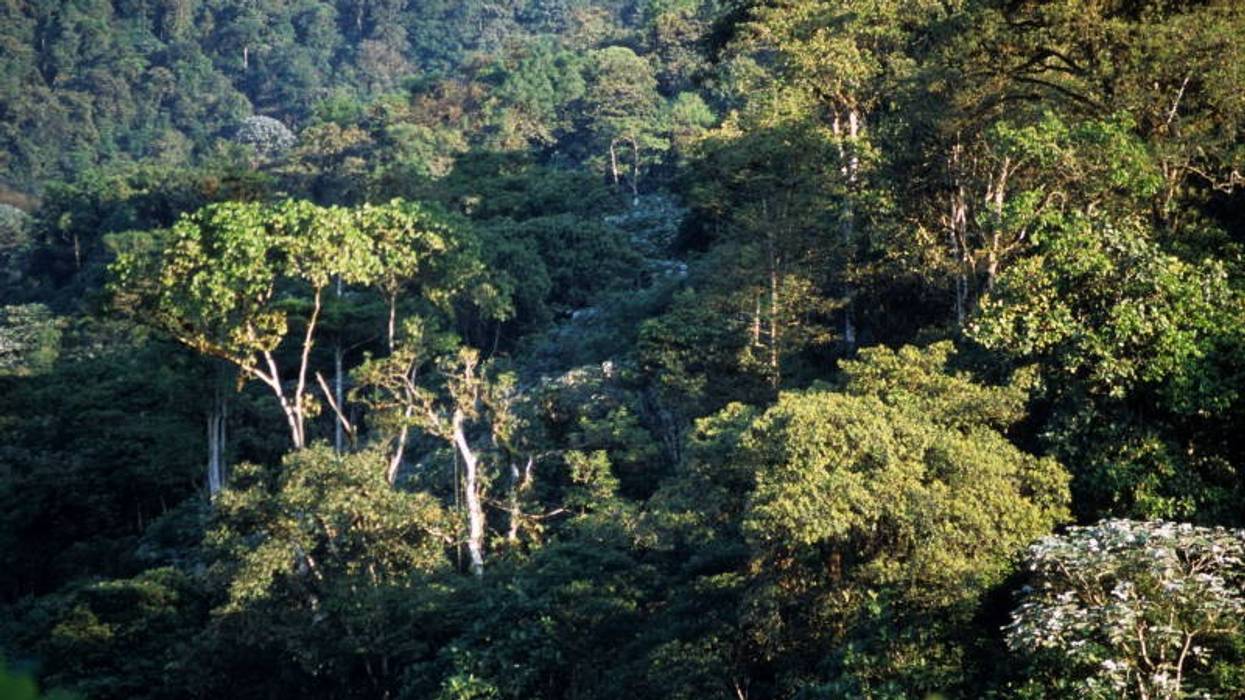The Ocean, Our Common Future: A Call For Legal Recognition
By sending a strong message to advance the rights of the Ocean everywhere in the world, the United Nations Ocean Conference would represent a historic turning point for the protection of marine life.
We, the undersigned associations and committed citizens, proclaim, as the United Nations Ocean Conference in Nice in June 2025 approaches, the necessity of recognizing and defending the fundamental rights of the Ocean. We call upon U.N. Member States to incorporate Ocean Rights in the Nice Ocean Action Declaration, to trigger a transformative change in our relationship with the Ocean.
Humans are part of the living community of the Planet. Thus, the future of humanity and the preservation of human rights are inseparably linked to the existence of marine species, which can only thrive in a healthy ocean.
The Ocean possesses intrinsic value, independent of its economic utility. A source of life and a cultural pillar for many coastal communities and Indigenous Peoples, it must be treated with respect.
In the face of the challenges ahead, we must be the guardians of the Ocean, the stewards of its integrity, the protectors of its biodiversity, the architects of its prosperity.
The living community of the Ocean and all marine beings have fundamental rights, including the right to exist, thrive, reproduce, and evolve in a healthy environment. Rights that do not oppose human rights, but complement them.
At the international level, progress is showing us the way. Constitutional advances in Ecuador for the protection of the rights of coastal marine ecosystems, the Galápagos, sharks mangroves; the law for the rights of the Mar Menor lagoon in Spain; the protection of the rights of sea turtles in Panama; and even a river in England, with many other pioneering victories of the movement across the world.
These steps mark a new horizon—that of an era of harmonious coexistence between humans and the Ocean. For the recognition of the existence and intrinsic value of all members of the community of the living, as well as their inalienable rights, constitutes the foundation of justice, stability, and peace in the world.
This is why we are calling for the inclusion of the rights of the Ocean in the Nice Declaration “Our Ocean, Our Future: Accelerating Action.”
By sending a strong message to advance the rights of the Ocean everywhere in the world, the United Nations Ocean Conference would represent a historic turning point for the protection of marine life and our common future, strengthening the agency of coastal communities, and helping put an end to projects and activities causing most harm to the health of the Ocean and to marine beings.
In the face of the challenges ahead, we must be the guardians of the Ocean, the stewards of its integrity, the protectors of its biodiversity, the architects of its prosperity.
We call on every person, organization, and public institution to support this proposal, to share it, and to join us by signing the petition, counting over 53,000 signatures already, for the rights of the Ocean. The future of the Ocean is the future of us all.
The authors of the Tribune:
Earth Law Center (U.S.), Longitude 181 (France), Ocean Vision Legal (U.S.) Vagues (La Réunion Island), Wild Legal (France), Global Alliance for the Rights of Nature (Ecuador), the Varda Group (Spain/Netherlands), and The Ocean Rights Coalition (U.K.).


